#allendis
Explore tagged Tumblr posts
Text
Tia attempting to find the courage to confide in Allen with what happened with her is... interesting. I do like her outburst and can see why both characters had the mindsets they were in at that time. (Well, as best as I could grasp Tia since she fluctuates personalities every so often for some reason).
Seen people say that the only reason Allen doesn't believe Tia was just a writing contrivance so that the aftermath drives a wedge between the two and all because Allen isn't the planned love interest. However, I'd say Allen not fully supporting Tia this time feels pretty in line with his character from the start. Allen is allegedly characterized as someone whose a supposed genius, a very logic & reason person. (Again, allegedly as I'm going off of the manhwa's exposition than what they were able to show fully) so of course he's not going to believe isekai time travel being a thing without hard evidence and choose the idea, logically, that Tia is just ranting about a bad dream and projects that idea onto her as he attempts to comfort her. Is he being an ass? Yeah. Is it ooc? Not really.
There's also the fact that the nature of their dynamic has always looked to be oddly distant in spite of so much time they supposedly spent together. Tia latches onto him because he's nice but Allen's gentleness towards her was never without personal motives. He likes her but he was always looking at her on a surface level. He wants to feel like they have a deeper bond but they really don't. (Unless that's also what Yuna is trying to convince me too in that case well... potato)
#gigai reads tae#embodying the 'textual analysis of the stupidest fucking media ever' meme again#i don't even like allendis
1 note
·
View note
Text
VADD NOVEL SPOILER ALERT ❗❗❗
After reading those chapters (158-159), seeing this cover hurts like hell. Eckles was (mind the past tense) my favourite male to ship with Penelope. (My overall fave has always been Callisto but he's like PERFECT so) I knew Eckles was twisted, when he threw those tantrums because Penelope wasn't spending time with him in s3, I thought 'it's fine, he's like this'. I always liked the yandere character type, after all. But the way that scene it's written in the novel, the way he victim-blames Penelope for his crimes is... too much.
"I don't care if I have to become a traitor who sells out his kingdom and his people..." (...)
"I want you, Penelope Eckhart." (...) "That's what you've done to me. You made me this way, and every time you pretend not to notice what you're doing to me, wearing that innocent look on your face... It makes me lose my mind, but what else can I do? You're still so lovely..."
Those words are terrifying. He says he loves her, he says she's lovely but in the same sentence he says that he hates her. The description of the favorability bar being a combination of love and hate (emphasis on hate), and how Eckles goes from praising her to blaming her for things she has no fault of... (she used him, but she never told him to kill Ivonne or betray his people!) it's so well written. I like to draw the line between fiction and reality, and I always like, in fiction, some toxic dynamics I would never condone in real life, but... The way it's written in this novel is too realistic to enjoy in a "romantic" way.
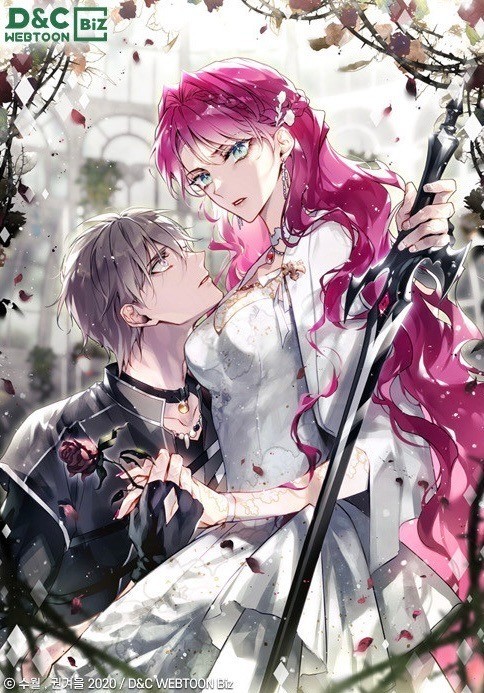
I feel like sometimes yandere characters are written through lenses that make them enjoyable despite their wrongdoings. Allendis from TAE is first rejected from the FL and then he goes crazy. This doesn't justify him of course, but it makes you feel sympathy, in a way. Jumin from MysMes never actually blames MC in his bad ending.
I love the narrative in VADD because there's just no way to feel sympathy for Eckles. As much as I liked him, as much as I wanted him to be ~the one~ for Penelope, it just crashed down the moment he revealed his true self. It made an impact to me because I felt as she felt. I knew some spoilers about him, I knew he was the yandere, but I didn't know it was this intense. That's probably what Penny felt too. She knew he was sick in the head and she wanted to just use him to escape. He fooled us with his fake submissive demeanor and destroyed us in the end. Penny, because she couldn't escape through him, me because I actually thought his love for her would eventually turn out to be good-natured. But those words he said to her cannot be excused, not even in fiction.
They are still an interesting toxic relationship to explore! And I LOVE the parallels between this relationship and the one she has with the man the myth the legend Callisto. The author did such a good job with the romance description in this series, I feel that, probably due to the whacky translation, the brutality of some scenes mellowed out. But I can't wait to see this in the webtoon
#eckles vadd#death is the only ending for the villainess#villains are destined to die#penelope eckhart#callisto regulus#penelope vadd#eckles#vadd#vadd spoilers#vadd novel
52 notes
·
View notes
Text
[Analysis] The Abandoned Empress Should Have Been With The Knight! (Ending Spoilers)

Source: The Abandoned Empress
By: Peggy Sue Wood | @pswediting
I don’t know about everyone else, but I hated the ending of The Abandoned Empress. I’ve been wanting to discuss it for a while now but was unable to bring myself to write about it until now because of the disappointment I felt after reading the ending. Spoilers ahead, by the way.
For those needing a reminder, and perhaps those not yet reading the story but considering it, The Abandoned Empress is a a complete romance story available on TappyToon that follows the life of Aristia, the daughter of a prestigious knight’s family, House Monique. After a tragic first life where she suffered at the hands of her abusive, cold husband, was demoted to the position of a Queen while still having to do the Empress’s work because the chosen Empress was practically useless, and other pains, Aristia is given a chance to start anew when she awakens in the body of her 10-year-old self.
The god of the story, after seeing Aristia great suffering, gives her a second chance by resetting the timeline. She is given a middle name, “Pioneer,” something that is only gifted by the god of this world. By receiving the name, Aristia is given the freedom to choose a different path from the one the god had defined for her, allowing her to go against her fate of marrying the emperor, dying at his hands, and so on.
Throughout her second life, Aristia makes significant changes that positively impact those around her. She forges friendships, trains in swordplay to potentially inherit her family name, and even changes the course of her romantic life by gaining two additional love interests. However, despite the numerous changes in her second life, the ending of the story put her in the same place she was before–at the Emperor’s side.
This my main issue with the ending. Particularly because Ruvellis Kamaludin Shana Castina, the Emperor, and her husband fails to develop significantly in the story. While he supposedly changes in the second life due to Aristia’s influence, his poor behavior in the first life, including emotional and physical abuse towards Aristia and her father, is not sufficiently explained or justified. The creator(s) try to use effects from prolonged poisoning as an excuse, but that fails to address his one-sided vendetta against Aristia and her family by extension. Even more so when you consider that, in their first life, he was kind to his Empress and recognized as a good leader. Things that would likely not have been possible if his aggression toward Aristia was truly a result of poisoning. Moreover, Aristia’s love for him seems unconvincing and unfounded, especially given their history and the presence of far better options among her three potential love interests.
Outside of Ruvellis, there is Allendis de Verita, an administrative officer from her past life, and Carsein de Rass, a man who becomes a knight in her past life. In this new life, the two other love interests follow somewhat similar paths with Allendis de Verita taking on an administrative role but becoming obsessed with Aristia to the point of committing treason. Meanwhile, Carsein de Rass, once more becomes the youngest knight in history.
Of the three options, I think everyone can agree that Carsein was the best option. He goes blind for his friend and always puts Aristia first. He is caring, honest, and upfront, unlike the other two options who are individually abusive and manipulative.
Moreover, and this one is a big one for me, marrying him makes the most sense for her if she truly plans to inherit her family’s house.
Carsein is the second son of another prestigious knight’s family. As the second son, he is aware he won’t inherit a title and instead focuses on building up his own name. Because of his history training as a fellow knight, he makes the most sense for her to pick as a partner, since he would be able to enter under House Montique rather than Arisitia entering House Rass. He and Aristia would have made a great knight family together and also enjoyed a loving relationship. We see that the men of House Rass are very affectionate and loving towards their partners–even if their love interests are not as in love with them, they do not falter in their care and concern. Carsein very much lives up to this at the end of the story when he accepts that Aristia has chosen Ruvellis.
The fact that she chose Ruvellis, that she chose to become Empress, that she chose to stick with her former fate as his partner really left me, as a reader, with much to be desired. Her second life was all about building herself up as the rightful heir of House Monique, and she was granted that opportunity by the god of their world and her father, who stood in opposition of the Imperial family’s expectations regarding her engagement. At the end, she is still the heir, but that is an empty title that will be secondary to her role and standing as the Empress. More likely, one of her children will become the actual heir to the house, and that felt like an insult. I mean, even choosing not to have a partner or love interest at the end would have been better because of how poorly developed Ruvellis was by the ending of the story.
Overall, The Abandoned Empress was a fascinating story and had a great cast of characters. However, the ending leaves much to be desired, particularly concerning the character development of the male lead and the resolution of Aristia’s romantic life.
If you have read it, did you feel the same? Or, did you think Ruvellis/Allendis was the right choice? Let me know, as I’d be interested in hearing why.
19 notes
·
View notes
Text

Era una Mujer que escribía explícitamente sobre el sexo
desde el punto de vista femenino, pero también
de la belleza de las emociones. Adorada por algunos,
odiada por muchos e incomprendida por la mayoría,
Anaïs Nin nació en Francia, en el área metropolitana de París,
un 21 de febrero de 1903.
Tenía dos hermanos.
Su padre, Joaquín Nin, era pianista y compositor,
y su madre, Rosa Culmell, una cantante de formación clásica.
Ambos habían nacido en Cuba.
Tal vez por eso, Anaïs desde niña, se sintió atraída
por el mundo del Arte..
Cuando tenía 10 años, su familia se traslada a Barcelona,
y su padre los abandona.
Sola, y cargo de tres hijos, la madre de Anaïs decidió ir a vivir a Nueva York, donde residía parte de su familia cubana que los esperaba.
Éste hecho, la partida de su padre, la marcó para el resto
de su vida. Sus Diarios se iniciaron como una carta dirigida
a su Padre, con quien no tuvo contacto durante
los siguientes 20 años y con quién se cuenta
mantuvo una relación de incesto.
A los 19 años consigue un trabajo como modelo
y bailarina de flamenco.
Conoció al poeta y banquero Hugh Guiller en 1923.
Pronto, Nin y Guiller se enamoraron y contrajeron
matrimonio en La Habana. Un año más tarde,
los artistas se trasladaron a París, donde Hugh trabajó
en un banco y Anaïs encontró el tiempo y el espacio
para volcarse en su escritura.
Entre 1929 y 1930, completó su primer libro titulado
La intemporalidad perdida.
Eran 16 historias, con tintes oníricos y psicoanalíticos
que emanaban el espíritu vanguardista del París
de los años 20'.
No obstante, y aunque ofeecido a varias editoriales,
fue rechazado.
En 1932 publica un ensayo sobre D. H. Lawrence,
y un año después conoce a Henry Miller, con quien luego
inicia un apasionado romance con él,
y también con su esposa June Miller.
Con Miller compartían (además), manuscritos
y ella lo ayudó en la creación de sus dos únicas novelas
Trópico de Cáncer y Trópico de Capricornio.
En Francia conoce a Bretón, Artaud, a Moricand,
a Lawrence Durrell. Decidirá ser Escritora y se sumergirá
en el placer, y veces el dolor de hombres y mujeres.
Se interesó profundamente por el psicoanálisis,
estudiándolo primero con René Allendy y luego
con Otto Rank (compañero de Sigmund Freud),
dos maestros que eventualmente fueron sus amantes.
Su primera novela, La casa del incesto aparece en 1936.
Al inicio de la II GM, en 1939 emigra a EEUU.
Viviendo en el West Village de NYC, se convierte
en la primera Mujer en explorar el mundo
de la literatura erótica. Decidió prescindir de las editoriales
y publicar por su cuenta.
Aparecen así Delta de Venus, Corazón cuarteado,
Una espía en la del Amor, y Collage.
A los 44 años conoció al ex actor Rupert Pole (dieciséis años
menor que ella), cuando se dirigía a una fiesta
en un ascensor de Manhattan, y en 1955 se casó con él,
mientras seguía casada con Hugh.
Durante un tiempo, Nin mantuvo dos matrimonios
en paralelo: uno en Nueva York (Hugh) y otro en Los Ángeles (Rupert).
De estas vivencias nació Ciudades interiores,
una serie de novelas en las que Nin ficcionó sus experiencias.
También fue pionera del poliamor.
Pero más allá de sus novelas, serán sus transgresores Diarios, donde desfilan los Intelectuales y Artistas más famosos
de su época, desde Dalí y Gala, Carpentier, Chaplin,
Cortázar, y Tanguy, entre otros, publicados a mediados
de los 60', los que la consagren como un Ícono
de la Liberación Femenina, amado por Mujeres jóvenes
que veían en primera persona cómo una de ellas podía
hacerse un lugar en un mundo dominado po
los Hombres en la Literatura.
Fue invitada a dar conferencias en universidades
de diversos países. En la década de los 70' recibió
el doctorado honorífico del Philadelphia College of Art (1973),
fue elegida miembro del instituto Nacional
de Artes y Letras de Estados Unidos (1974) y obtuvo
el premio a la Mujer del Año de Los Angeles Times en 1976.
Partió al año siguiente.
Sus cenizas fueron esparcidas en un paraje llamado Mermaid Cove, en California, frente a la costa del Pacífico.
Anaïs Nin logró expresar todo lo que los libros de Mujeres habían dejado de lado, no sólo rompiendo tabúes, sino también escribiéndolos.
Subyace en su literatura la indagación de lo más íntimo de su alma; su feminidad con sus matices, y los conflictos entre el intelecto y sus emociones.
Para ella, no hay nada más que sus diarios. En ellos, esa intimidad no se sugiere, sino que se exhibe, junto a la búsqueda del deseo y los
límites del cuerpo y de ella misma.
Es una literatura viva y sin maquillajes, un espejo que refleja todos los cambios de los estados de ánimo, del Amor al odio, que marcan nuestra frágil naturaleza como Mujeres.
Lo que Proust, Joyce y Miller estaban haciendo, ella lo hizo desde la Conciencia Femenina y a veces (muchas) en primera persona, en el espacio que se crea entre una pérdida y un vacío, se refugian las palabras, en una búsqueda de lo íntimo de nuestra Humanidad, para acercarla a una idea que le defina, una interpretación abstracta sobre la necesidad y la inquietud Existencial, a través de la Libertad como mensaje de su propia vida...
🌹
5 notes
·
View notes
Text
[ID: A quote by Anaïs Nin. It reads, "Dr. Allendy: 'The more you act like yourself, the nearer you will come to fulfillment of your real needs.' / Anaïs: 'But I am not sure what this self is. For the moment I seem to be busy tearing down what I was.'" End ID.]

Anaïs Nin, The Diary of Anaïs Nin, 1931–1934
806 notes
·
View notes
Text
Allendy - Llegó Navidad Con Allendy

Allendy Lanza su Nuevo Sencillo “Llegó Navidad con Allendy” El cantante Allendy se complace en anunciar el lanzamiento de su nuevo sencillo titulado “Llegó Navidad con Allendy”, un vibrante merengue que revive la magia de los clásicos navideños. Este tema, que ya está disponible en todas las plataformas digitales, promete convertirse en un himno festivo para las celebraciones de fin de año. “Llegó Navidad con Allendy” es una celebración de la cultura y la tradición navideña, un aporte musical que busca reconectar a las personas con los ritmos alegres y la esencia de la Navidad. Con su contagioso ritmo de merengue, Allendy invita a todos a disfrutar de las festividades y a compartir momentos memorables con amigos y familiares. “Quería crear algo que recordara esa época dorada de los merengues navideños, donde la música llenaba los hogares de alegría y unión. Espero que esta canción sea parte de sus celebraciones y que cada nota resuene en sus corazones”, comentó Allendy. No pierdas la oportunidad de sumergirte en el espíritu navideño con “Llegó Navidad con Allendy”. Escucha el sencillo en tu plataforma digital favorita y déjate llevar por el ritmo festivo que trae la Navidad. Read the full article
0 notes
Text

À la recherche d'une base. Peintures de Morellet, Text by Vera Molnar, Galerie Colette Allendy, Paris, 1958
1 note
·
View note
Text
Hotline Miami
read it on the AO3 at https://ift.tt/4ZXMRQA
by allendy
Miami, a great and beautiful place to live a luxurious life, is exactly where the biggest and most complex crimes and criminal gangs take place. A perfect place for a young detective in training to work. But if he doesn't have the minimum financial conditions, he must settle for living in the suburbs and accidentally enter the world of crime.
Words: 2843, Chapters: 1/?, Language: English
Fandoms: Dangan Ronpa Series, New Dangan Ronpa V3: Everyone's New Semester of Killing, Super Dangan Ronpa 2, Dangan Ronpa: Trigger Happy Havoc
Rating: Mature
Warnings: Graphic Depictions Of Violence, Underage
Categories: F/M, Multi
Characters: Saihara Shuichi, Harukawa Maki, Kuzuryu Fuyuhiko, Momota Kaito, Pekoyama Peko, Ikusaba Mukuro, Saionji Hiyoko, Maizono Sayaka, Tsumiki Mikan, Iruma Miu, Soda Kazuichi, Owada Mondo, Togami Byakuya, Hinata Hajime
Relationships: Harukawa Maki/Saihara Shuichi, Harukawa Maki & Saihara Shuichi, Harukawa Maki & Momota Kaito & Saihara Shuichi, Other Relationship Tags to Be Added
Additional Tags: AU 80s, Mafia AU, Implied/Referenced Drug Use, Alternate Universe - Non-Despair (Dangan Ronpa), Bad English, Sorry for my bad english
read it on the AO3 at https://ift.tt/4ZXMRQA
0 notes
Text
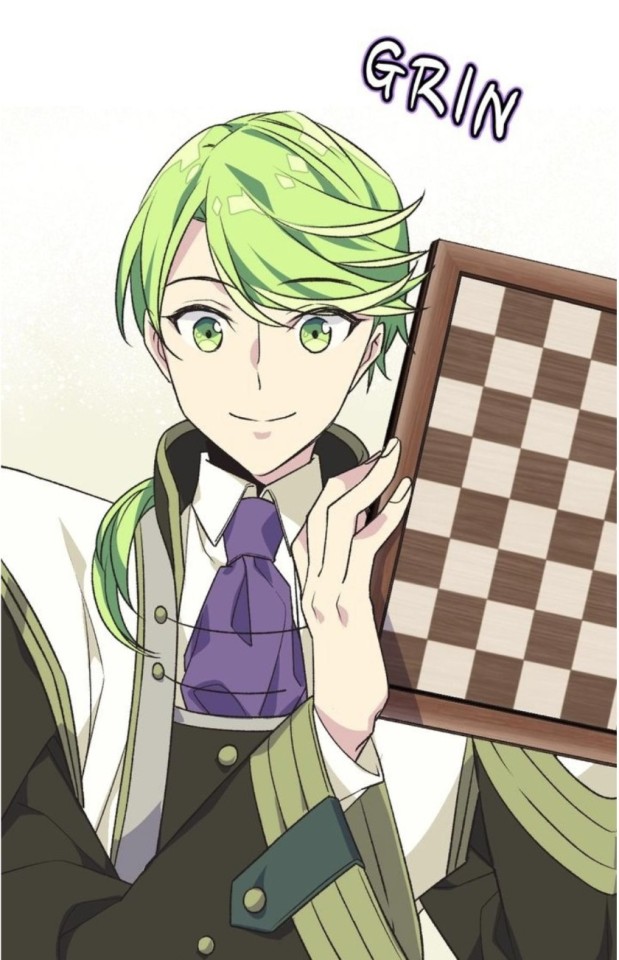
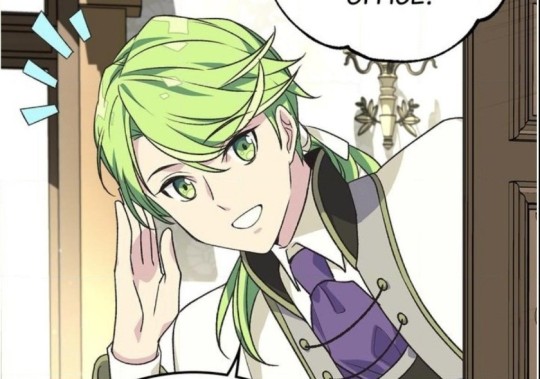
"I don't like Allendis." I say, as I screenshot the panels where he looks cute.
#gigai reads tae#You see I don't think??? allen's character is explored in a way that's interesting but ough#there's enough there that Makes Me Think#Like makes me the “textual analysis of the stupidest fucking media ever” me#I don't like the AllenTia pairing though but I'm at the amusing idea that the concept is fascinating#yeah uh maybe I'm an Allen fan idk#Carsein/Tia have the best dynamic tho
1 note
·
View note
Text
hay guys so I've decided fuck everyone else in TAE I want these two to smooch



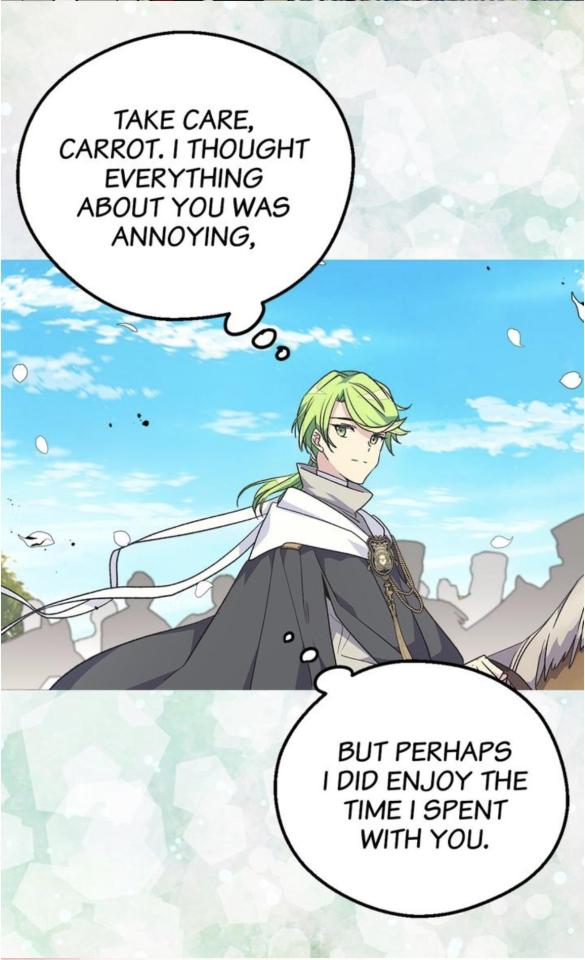

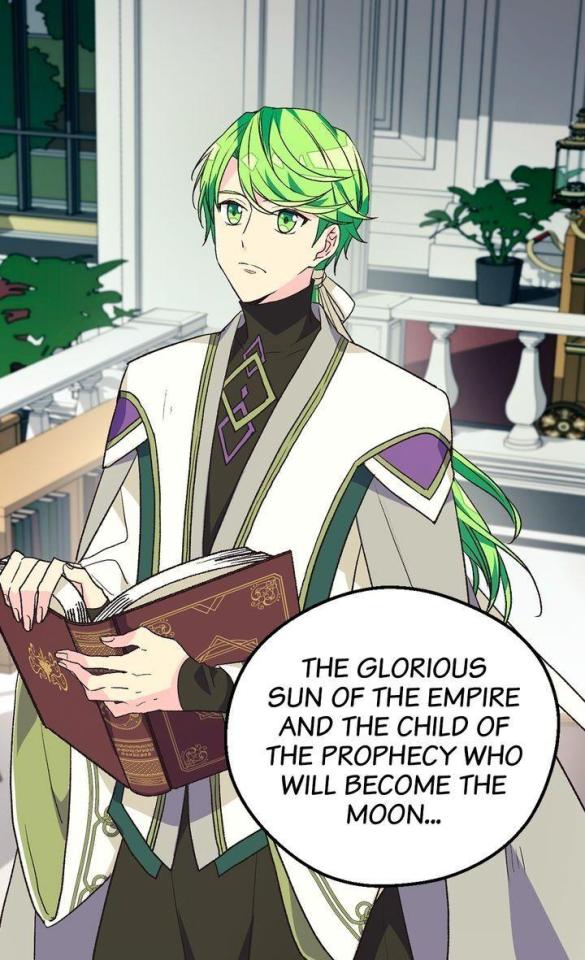
24 notes
·
View notes
Text
Abandoned Empress Covers
Japan
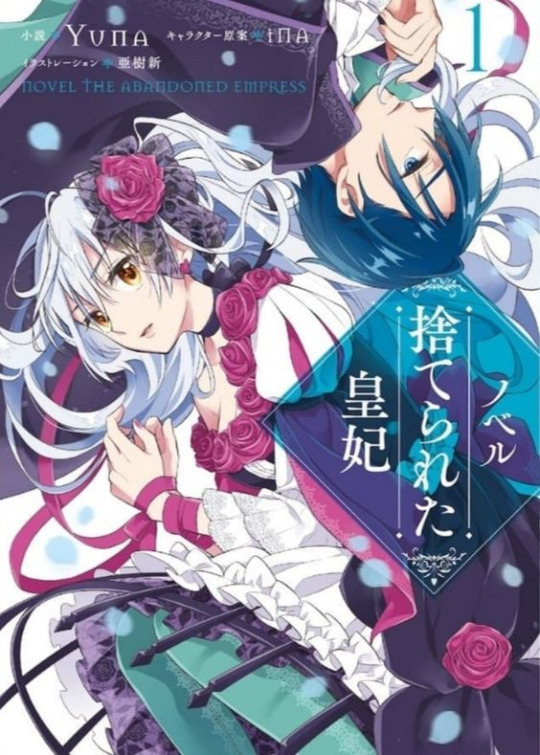
Thailand
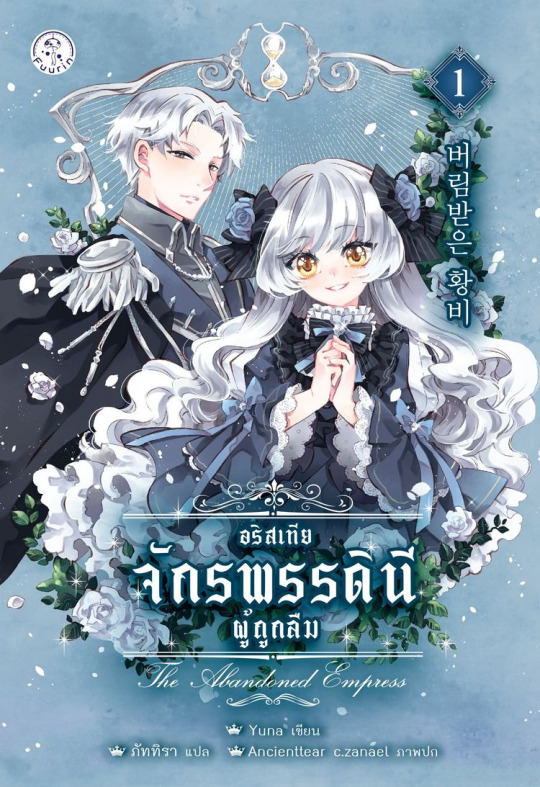
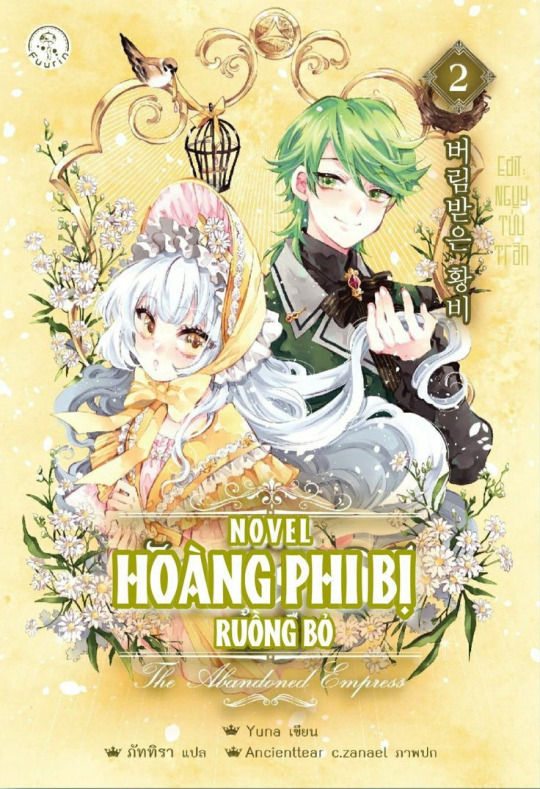
Korea
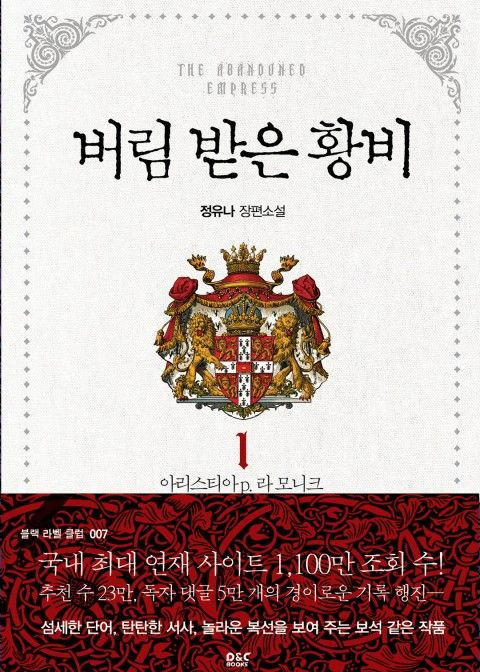
...Yeah I wonder why we didn’t get an illustrated cover.
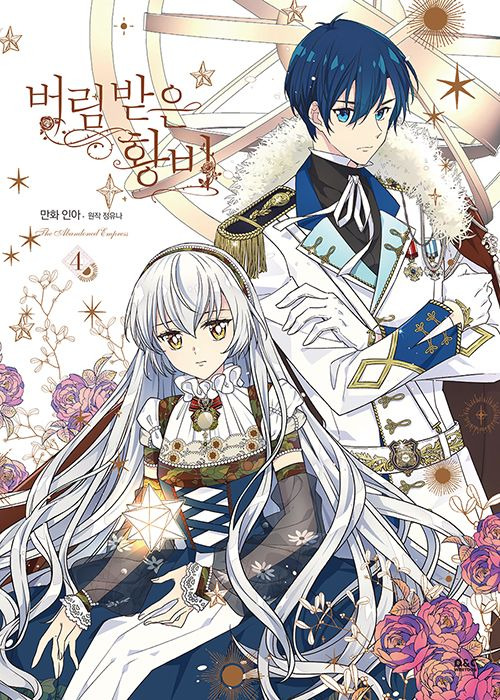
Reserved for the webtoon I guess?
#the abandoned empress#abandoned empress#aristia la monique#ruvellis kamaludin shana castina#allendis#cover art#webtoons#manhwa
73 notes
·
View notes
Text




Carsien has been TOO passive about his feelings. It’s about time he’s pulling the moves!
#the abandoned empress#theabandonedempress#yuna#ina#yuna & Ina#tappytoon#chapter 121#aristia la monique#ruve castina#tia x ruve#tia x carsien#tia la monique#tia x allendis#castina empire#allendis#reincarnation#strong female protagonist#empress#knight#webtoon#web comic#lezhin#comic#manhwa#line webtoon#art style#beautiful art#good plot#featured webtoon#cute
140 notes
·
View notes
Photo
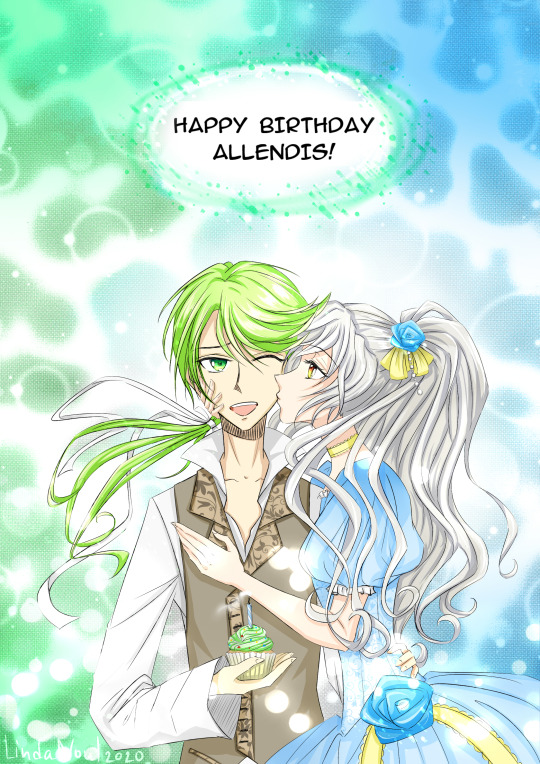
Better late than never
21 notes
·
View notes
Text
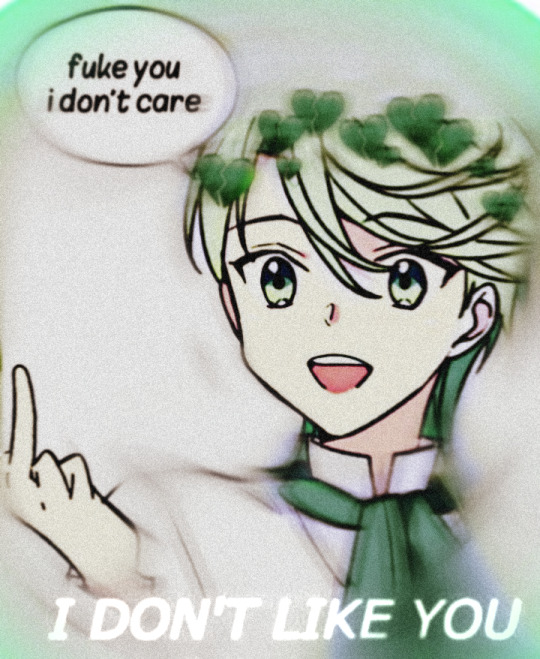
The Abadoned Empress
It belongs to me.
#the abandoned empress#abadoned#tia#aristia la monique#aristia#ruvellis#carsein#allendis de verita#allendis#manhwa#manhwua#manga#anime#webtoon
50 notes
·
View notes
Text
I will teach you to play, not to take love so tragically, not to pay such a heavy price for it. You have made it too dramatic and intense a thing.
René Allendy, quoted in ‘Henry and June: From The Unexpurgated Diary of Anaïs Nin’
297 notes
·
View notes